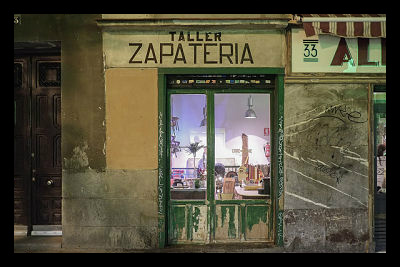Poverty in Madrid

Due to the economic crisis and government spending cuts, family incomes have fallen to the levels of 10 years ago, placing three million people in extreme poverty in Madrid. According to the national income data, 60 percent of the population is living in poverty.
In Madrid, more than one million people live on 484 euros per month. Approximately 760,000 live on only 242 euros. Overall, there are 1.3 million people who are at risk of poverty, included those who are under the poverty threshold; an estimated total of 20.3 percent of the population, many of whom are women.
Around 17 percent of the population is suffering from severe poverty; from absolute poverty, 12 percent. Rates have since increased due to this crisis.
The annual wage per family is 7,300 euros. For each adult that is a part of the family unit, half of the annual wage is included, leaving 30 percent for each child. Therefore, a family with two children is living lower than the relative poverty line if they have an annual income of 15,330 euros.
As of 2007, the number of people living in extreme poverty was over 29 percent with the average annual income being 3,650 euros. The range continues to increase and is four percent higher than in 2008. Single parent homes with one or more children are living under the poverty line and exceed 37 percent of the population. Of that number, 11.7 percent are considered to be living in extreme poverty.
As of 2012 the spending power of Spain was 18,500 euros per capita. It has decreased since 2001. There has been a steady decrease in income that primarily affects those who live among what are considered standards of impoverished living known as “relative poverty.” Almost 22 percent of, or 10 million, Spaniards live in relative poverty. This is a figure that is 2.2 percent higher since 2008.
As of 2006, the amount of resources that have been available has dropped by five percent. And since the economic collapse in 2007, the income of the bottom poor has decreased by 30 percent, while the wealthy have increased their income by 20 percent.
Equilibrium needs to be restored by refocusing on Millennium Development Goal 1, as well as preparing to implement and follow the successors of the MDGs: the Sustainable Development Goals. Based on the above numbers, it is obvious that there remains a lot of work to be done in order to reverse, and eventually eradicate, extreme poverty and hunger in Madrid.
– Erika Wright
Sources: El Pais, West-Info
Photo: Flickr
